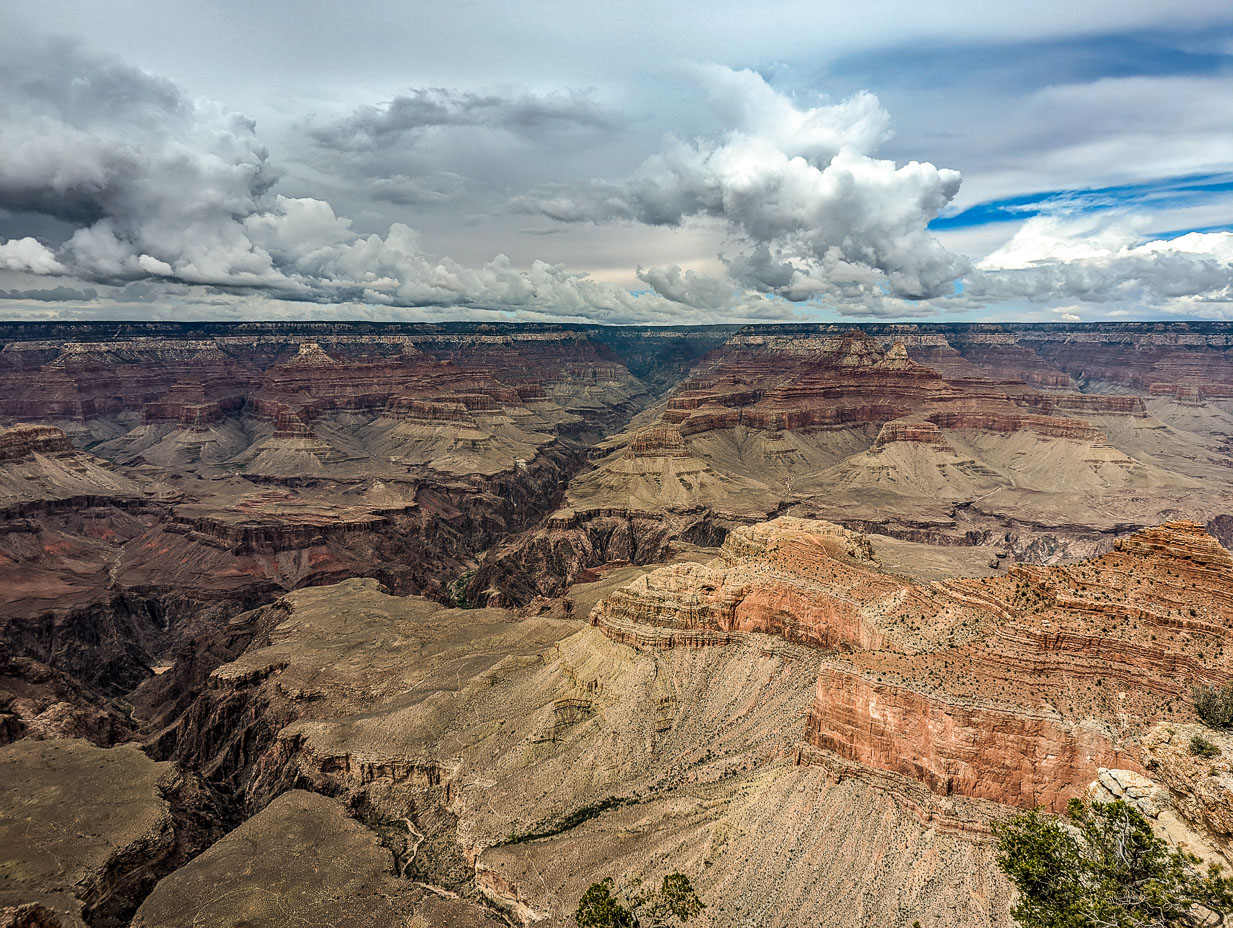

 ©Laura Haverkamp
©Laura Haverkamp
Chapter 2:4-7 (ESV) - For Gaza shall be deserted,
and Ashkelon shall become a desolation;
Ashdod's people shall be driven out at noon,
and Ekron shall be uprooted.
Woe to you inhabitants of the seacoast,
you nation of the Cherethites!
The word of the LORD is against you,
O Canaan, land of the Philistines;
and I will destroy you until no inhabitant is left.
And you, O seacoast, shall be pastures,
with meadows for shepherds
and folds for flocks.
The seacoast shall become the possession
of the remnant of the house of Judah,
on which they shall graze,
and in the houses of Ashkelon
they shall lie down at evening.
For the LORD their God will be mindful of them
and restore their fortunes.
Question to consider: Why do You think God’s judgments seem to ridicule the names of the nations that surrounded Israel?
Through the remainder of chapter 2, the LORD pronounced judgments against the nations that surrounded Judah moving from the West to the East to the South and to the North. The judgments all correspond to the names of the different nations mentioned. Outside of the fact that apocalyptic language throughout scripture seems to be poetic and symbolic in nature, I think it speaks to the personal nature of these judgments. The LORD said through Moses to the generation of Israel which was about to inherit the land, “Know therefore that the LORD your God is God, the faithful God who keeps covenant and steadfast love with those who love him and keep his commandments, to a thousand generations, and repays to their face those who hate him, by destroying them. He will not be slack with one who hates him. He will repay him to his face.” (Deuteronomy 7:9-10)
By destroying each nation in a way that despises their name, the LORD was repaying them to their face— they would understand that their destruction was intentional and personal by the God of Israel. Today we’ll look at the lands to the West.
Gaza meant “strength” and their strength would be deserted. Ashkelon meant “to weigh” (possibly because they were a town of merchants), but their scales would be emptied. Ashdod (also called Azotus) meant “stronghold” but instead of being a stronghold for the people, they would be driven out. Ekron meant extermination or uprooting. Possibly it was named because the Philistines uprooted the people who were living there when they took the land. The LORD’s pronouncement was that they would be uprooted.
The Seacoast, the remaining portion of the land of the Philistine giants would no longer be a seacoast, but a pasture for the remnant of Judah. Even though the Israelites would be carted off to Babylon for their seventy years of exile, the LORD would one day restore their land and fortunes to them. Of course, we know from our studies in Haggai, Zechariah, and Malachi (Beyond Exile) that even though Israel was allowed back into the land, they were never anything beyond a vassal state to civilizations like the Medes and Persians, Greeks, and Romans. The true fulfillment of the land promises were in Christ Jesus who reigns from the heavenly Jerusalem.
Dear heavenly Father, we recognize that You know all things and are resolving history according to Your plan of redemption which began at the rebellion of Adam. Please continue to protect and provide for us as we face the troubles of this world, and provide us peace in knowing that Christ has overcome it. Amen.